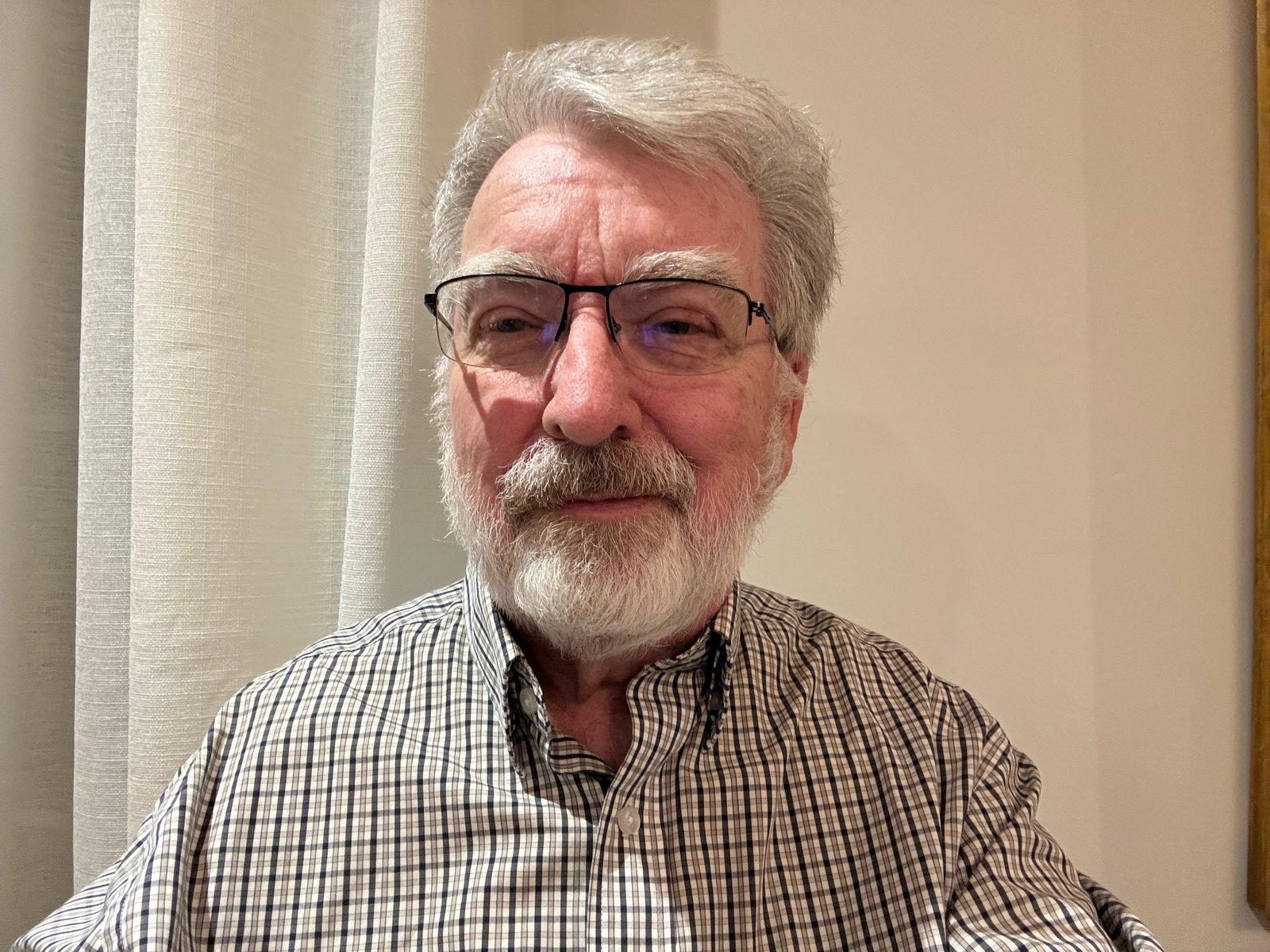Keith McNenly
Special to The Lake Report
In the cinema now is a film on reggae singer, songwriter and human rights activist Bob Marley. Activist music, poetry and novels have all played their part in the human struggle against oppression.
“Rights” are key to human evolution and political/social history.
We perceive our “rights” from the perspective of the era we live in, the evolution of the human species, and in the exercise of politics and power.
Having rights is fundamental to life on our planet and the human condition. In fact, human rights and rights in general are the most fundamental element in the evolution of human society.
Many believe rights are legislated by governments, and before that were benevolently handed out by kings and peers of the realm. Closer to the truth, we evolved with the right to do whatever we had to do to survive as individuals and as a species.
It was kings and governments who removed our rights of self-determination, so when they legislate new rights upon us they are simply reversing laws that originally took away our otherwise right to do a thing.
The right to vote originally was restricted to land-owning adult males. Giving females the right to vote is a misnomer, it really was removal of the earlier restriction establishing voting exclusively for males.
Rights are politics and politics are rights.
My thoughts of political party ideology fit into this generalization:
- Small-l liberal thinking posits that people should have nearly complete freedom and that businesses need to be carefully regulated.
- Small-c conservative thinking posits that businesses should have nearly complete freedom and people need to be carefully regulated.
Conservatives are generally of the view that restriction on business simply makes running a business cost more.
On the other side of the argument, liberals believe business needs to be regulated because strictly profit-oriented corporations may endanger workers with inadequate safety measures; may harm people and the environment with improper but cheaper disposal of byproducts; and sometimes could produce less costly and less-safe products.
Seatbelts, for example, were campaigned against by the automobile industry because they increased costs and cut into shareholder profits. Tobacco companies encouraged smoking.
Almost 100 years ago, in the dark days of the Depression of the 1930s authoritarian leaders arose in Europe, bolstered by propaganda and the promise of better times, willing to employ violence against a convenient supposed enemy within.
Once in power human rights were stripped from citizenry. It took a world war to return to democracy and to restore human rights.
Human history is simply a record of how the human mind works, a record of greed and power. History has less to say about things, times and places, but is rather about leaders, good and bad, and those eager to follow them.
There is no fascist leader who has our human rights in his heart to implement. Their primary goal is personal greed and power.
Rights are gained slowly and incrementally over generations, even millennia, but can be lost in just an election cycle.
Backsliding from what was once believed to be the inevitable march of humanity into a more fair, more equitable, democratic future now seems less assured. South of the border, democracy and autocracy appear to be in a dead heat for not just the USA, but for the free world.
At home, Progressive Conservative Premier Doug Ford has stated publicly he wants to appoint “like-minded judges.”
Rights are not given by governments, they are taken away by governments. Rights are particularly vulnerable when right-wing leaders decide to remove rights by appointing potentially biased “friendly” judges.
Just what is a “like-minded judge” in Ford’s eyes?
Why is an independent judiciary so concerning to our current premier that he would emulate the devolution of the rule of law now so visible south of the border?
An Ontario electoral system with just one right-wing party and with a vote split on the left between three opposing left-wing parties makes it easier for the Tories to win office.
But even that advantage isn’t a guaranteed electoral victory so, would voting challenges and a right-leaning judiciary fill a perceived gap?
Perhaps the new movie “Bob Marley: One Love” or Russian freedom activists mourning the death of politically murdered Alexei Navalny or the troubling erosion of democracy in the U.S. will alert Ontarians that our legal institutions are not as secure as we once thought.
Niagara-on-the-Lake resident Keith McNenly was the chief administrator of the Town of Mono for 41 years.











